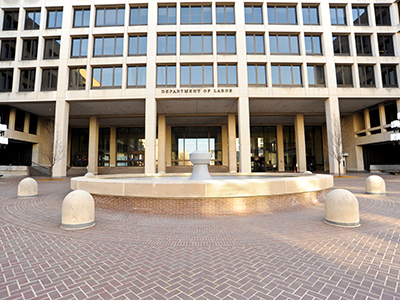Three months after the California Fair Pay Act took effect on January 1, 2016, the California Division of Labor Standards Enforcement (“DLSE”) has issued answers to FAQs about the new law, which by all counts is the most employee-friendly equal pay law in the nation. But for California employers who anxiously have been awaiting official guidance on the Act’s many new terms and standards, the FAQs provide little satisfaction. Rather, they focus more on informing employees on how to bring a claim. Nor has the DLSE otherwise spoken publicly about how it plans to enforce the new law; instead, the agency appears to be taking its time and exercising caution as it potentially sets the stage for the rest of the nation.
California DLSE Posts FAQs on New Fair Pay Law but Leaves Tough Questions Unanswered











